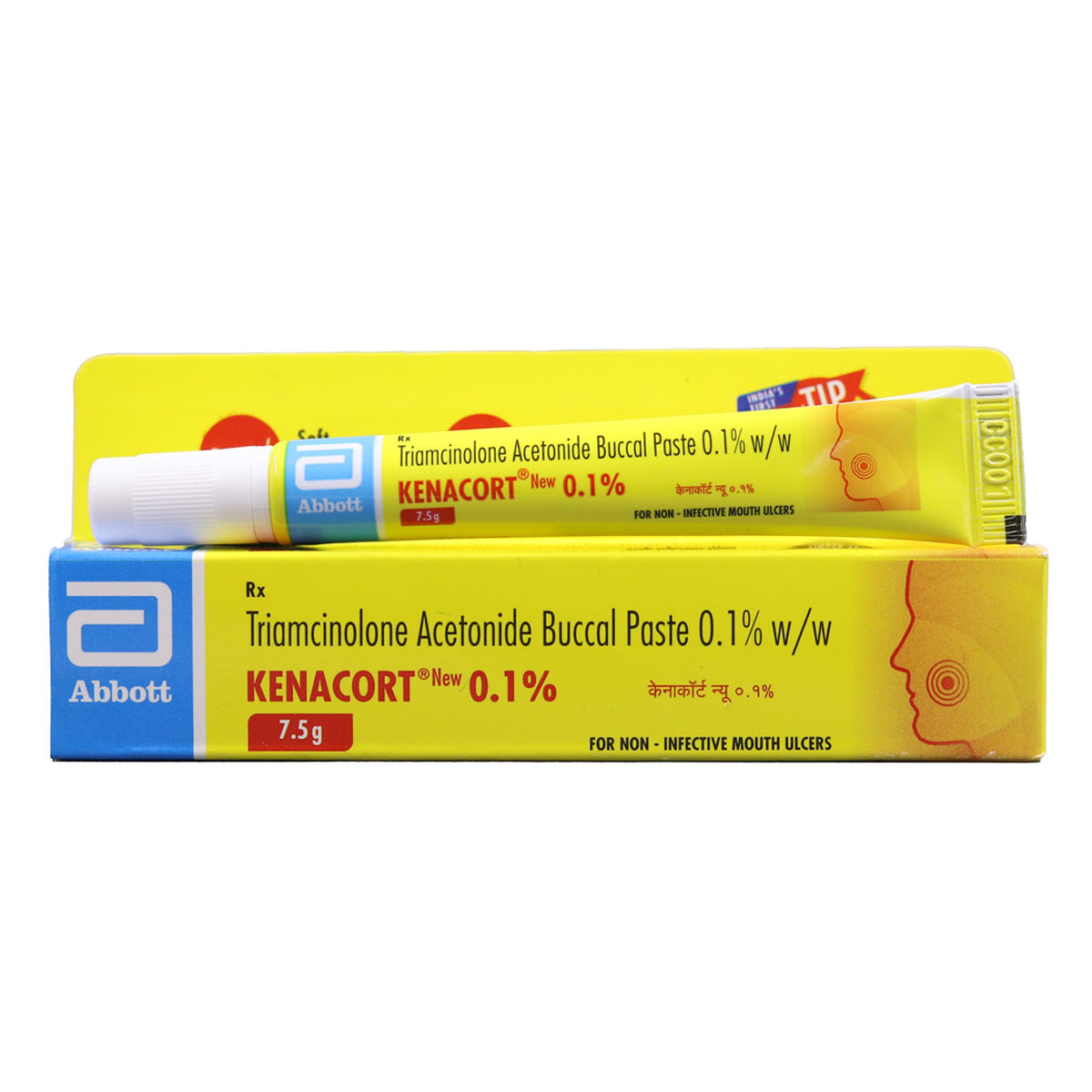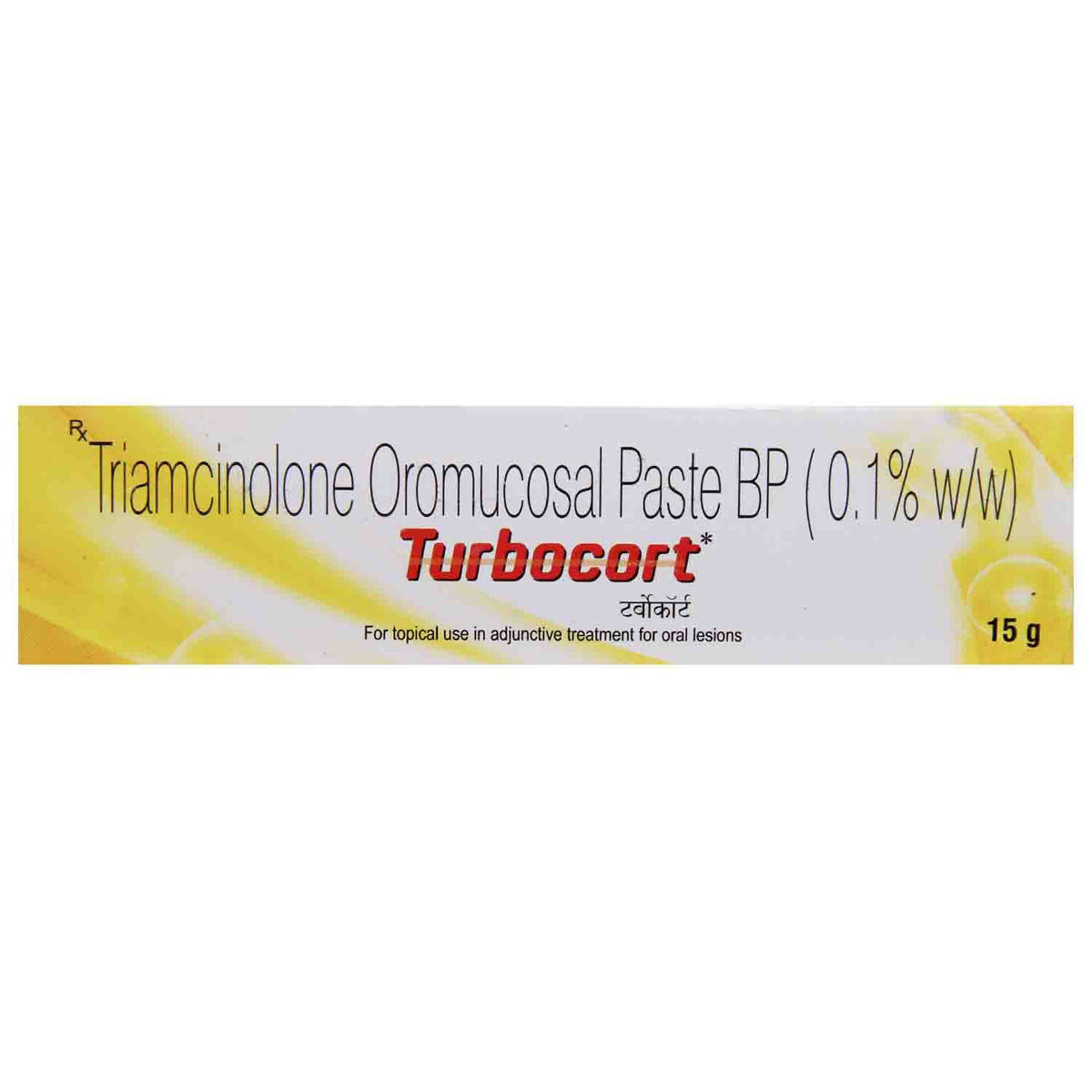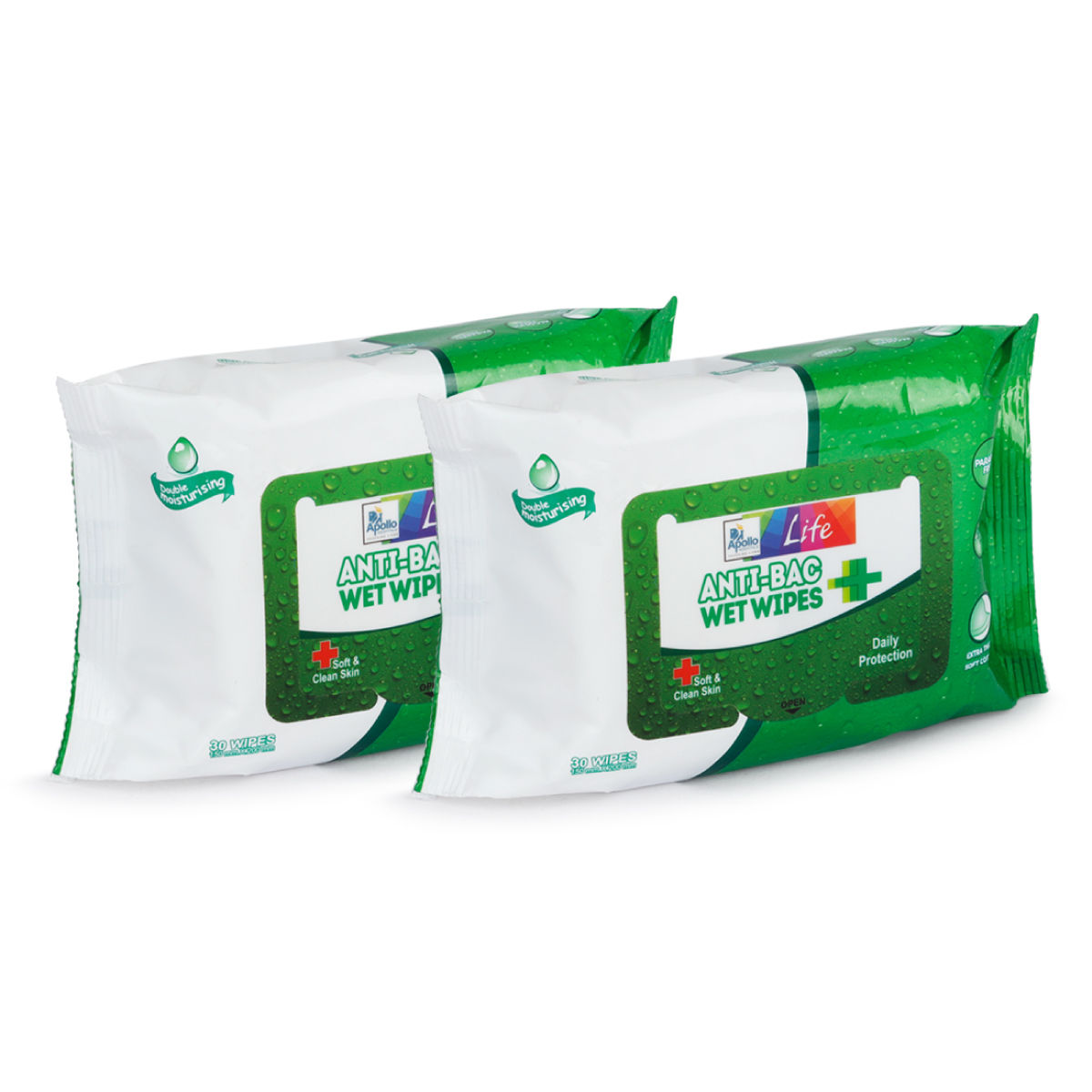Cortrima 20Mg Cream

₹176.4*
MRP ₹196
10% off
₹166.6*
MRP ₹196
15% CB
₹29.4 cashback(15%)
Free Delivery
With Circle membership
(Inclusive of all Taxes)
This offer price is valid on orders above ₹800. Apply coupon PHARMA10/PHARMA18 (excluding restricted items)
Cortrima Cream is used to treat Psoriasis, Eczema, and sub-acute cutaneous Lupus erythematosus. It contains Triamcinolone, an anti-inflammatory agent and immunosuppressant that controls inflammation by acting on the immune system. It prevents the release of chemicals that cause inflammation, which helps reduce swelling, pain, and discomfort. Common side effects of Cortrima Cream include itching, dryness, irritation, redness, and a burning sensation at the application site.
Know Your Delivery Time
Provide Delivery Location
Selected Pack Size:20 gm
20 gm ₹176.4
(₹8.82 / 1 gm)
In Stock
15 gm ₹176.4
(₹11.76 / 1 gm)
Out of stock
Available Offers
 Prescription drug
Prescription drugWhats That
 13 people bought
13 people bought 
Secure Payment

India's Most Trusted Pharmacy

Genuine Products
Synonym :
Composition :
Manufacturer/Marketer :
Consume Type :
Return Policy :
Expires on or after :
About Cortrima Cream
Cortrima Cream belongs to a group of medications called ‘corticosteroids’ used in the treatment of various inflammatory skin conditions. This medicine is used in the treatment of skin diseases like dermatitis (skin inflammation), sub-acute cutaneous lupus erythematosus, psoriasis, eczema, dermatoses (skin lesions), and other inflammatory conditions.
Cortrima Cream contains ‘Triamcinolone,’ which belongs to the class of ‘corticosteroids’. It is an anti-inflammatory agent and immunosuppressant that controls inflammation by acting on the immune system. It prevents the release of chemicals that cause inflammation. This effect helps in reducing swelling, pain and discomfort.
Cortrima Cream is for topical (skin) use only. Your doctor will advise the appropriate use of Cortrima Cream that suits your infection. Common side effects of Cortrima Cream include itching, dryness, irritation, redness and a burning sensation at the application site. These side effects are temporary and gradually resolve over time. If these side effects persist, please consult your doctor.
Cortrima Cream should be avoided if you are allergic to it. Please do not use it more often or for a longer time than your doctor prescribed; also, do not stop the medication abruptly. Notify your doctor if you have any other skin infections or have undergone surgery. Also, inform your doctor if you develop any skin infections while using this medicine. Cortrima Cream weakens your immune system, so stay away from people who are sick. If you are pregnant or breastfeeding, talk to your doctor before using this medicine.
Uses of Cortrima Cream
Directions for Use
Medicinal Benefits
Cortrima Cream contains Triamcinolone, which belongs to the class of ‘corticosteroids’. It is effectively used to treat various inflammatory skin diseases. It controls inflammation by acting on the immune system. It decreases the activity of the immune system by blocking white blood cells (WBC) from attacking the body cells (target cells). It reduces the release of chemicals that cause inflammation. This effect helps reduce swelling, pain, and discomfort.
How Cortrima Cream Works
Storage
Side Effects of Cortrima Cream
- Itching
- Dryness
- Irritation
- Burning sensation at the application site
- Redness
What if I have taken an overdose of Cortrima Cream
Drug Warnings
Do not use Cortrima Cream if you are allergic to it or other ingredients. Inform your doctor if you have any serious illness or infection. This medicine weakens your immune system, making you more prone to infections. Prolonged use of steroid-containing medicines leads to skin sensitization and the development of resistant organisms. Do not cover the affected areas with occlusive dressings while using Cortrima Cream. Avoid applying Cortrima Cream on sunburns, lesions, blisters, and open wounds. Topical usage of corticosteroids (Triamcinolone) in pregnant women and nursing mothers should be used with caution under a doctor's supervision.
Drug-Drug Interactions
Drug-Drug Interactions
Login/Sign Up
Drug-Food Interactions
Drug-Food Interactions
Login/Sign Up
Diet & Lifestyle Advise
- Use mild soap while taking baths and prefer warm baths.
- Always wear loose-fitting clothes to avoid further sweat and the spread of skin infection.
- Regularly change your socks and wash your feet. Avoid shoes that make your feet sweaty and hot.
- Do not scratch the affected area of the skin, as it can spread the infection to other body parts.
- Avoid sharing towels, combs, bed sheets, shoes, or socks with others.
- Wash your bed sheets and towels regularly.
Habit Forming
Therapeutic Class
Cortrima Cream Substitute

Kenacort New 0.1% Mouth Ulcers Paste 7.5 gm
by Others
₹21.21per tabletTess Oral Paste 5 gm
by Others
₹19.54per tabletTurbocort Oromucosal Paste 15 gm
by Others
₹8.68per tabletKenacort 0.1% Oral Paste 5 gm
by Others
₹29.70per tabletCaziq 0.1%W/W Mouth Ulcer Paste 5 gm
by AYUR
₹24.30per tablet
Product Substitutes
Alcohol
Not applicable
No interactions were found/established.
Pregnancy
Unsafe
Cortrima Cream is a category C medicine. Topical corticosteroids (triamcinolone) during pregnancy may affect the developing baby. It is advised to consult your doctor if you are pregnant or planning pregnancy before using Cortrima Cream.
Breast Feeding
Caution
Limited information is available on how Cortrima Cream affects the breastfed infant when used by a nursing woman. Inform your doctor if you are breastfeeding before using Cortrima Cream.
Driving
Not applicable
Cortrima Cream has no or negligible influence on the ability to drive or use machines.
Liver
Consult your doctor
Let your doctor know if you have liver problems. Your doctor will weigh the benefits and potential risks before prescribing Cortrima Cream.
Kidney
Consult your doctor
Let your doctor know if you have kidney problems. Your doctor will weigh the benefits and potential risks before prescribing Cortrima Cream.
Children
Caution
Cortrima Cream can be used in children below 12 years only when a doctor recommends it.
FAQs
Country of origin
Manufacturer/Marketer address
Customers Also Bought
Disclaimer
Author Details
We provide you with authentic, trustworthy and relevant information




























